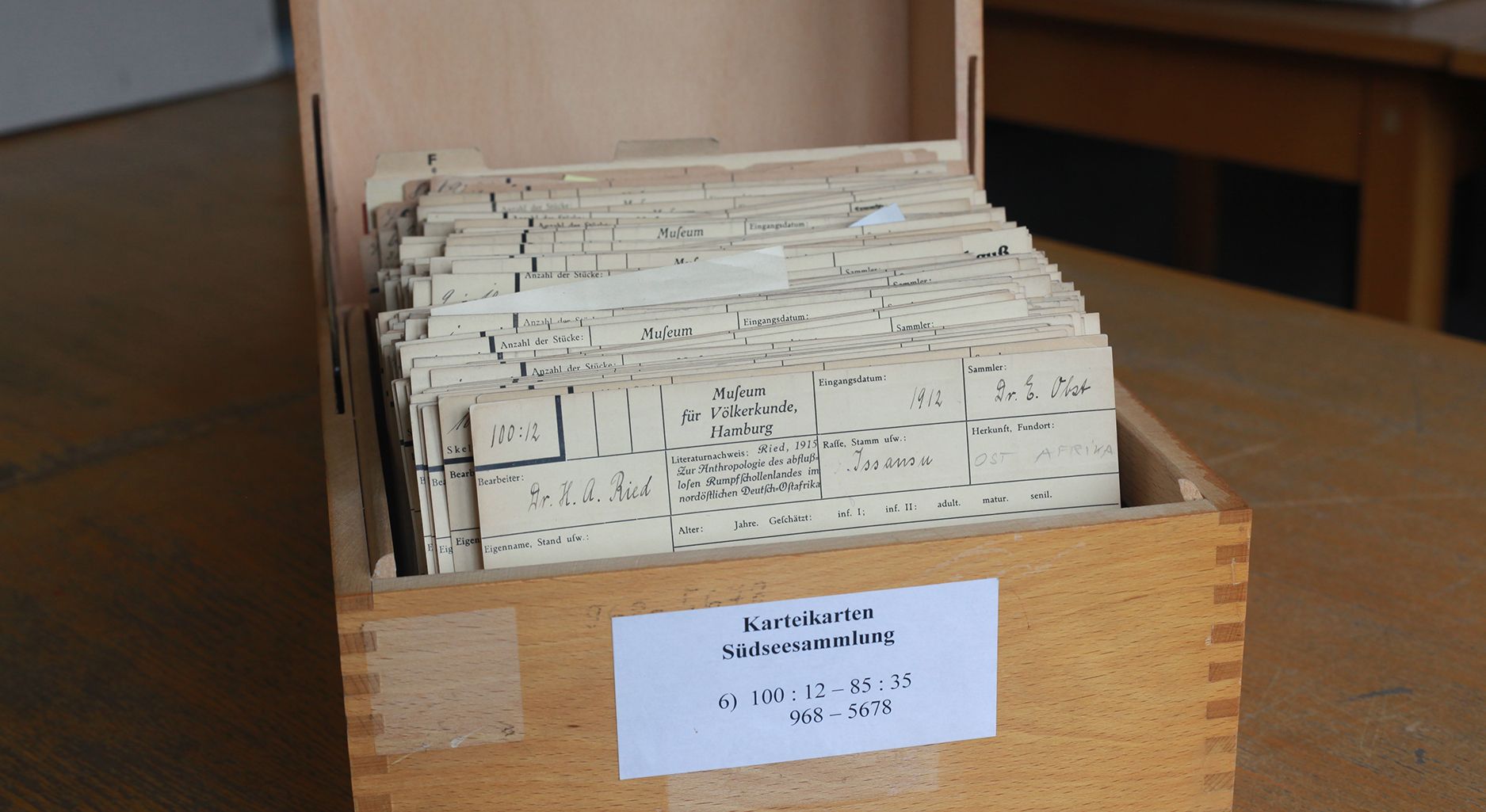
English28. Februar 2025 | Jonatan Kurzwelly, Joanna Karolina Malinowska, Phila M. Msimang, Malin S. Wilckens, Paul Wolff Mitchell
Bones of Injustice: Political Frictions in Restitutions of Human Remains from Colonial Contexts
In recent years, many museums and universities have begun to address past colonial injustices by critically examining their collections of human remains, often leading to their restitution to their assumed countries of origins. Such efforts are usually framed as acts of recognition, reconciliation, and repair. However, the diverse difficulties and frictions that accompany restitutions often escape public attention. This post introduces some of such difficulties that need to be taken into…